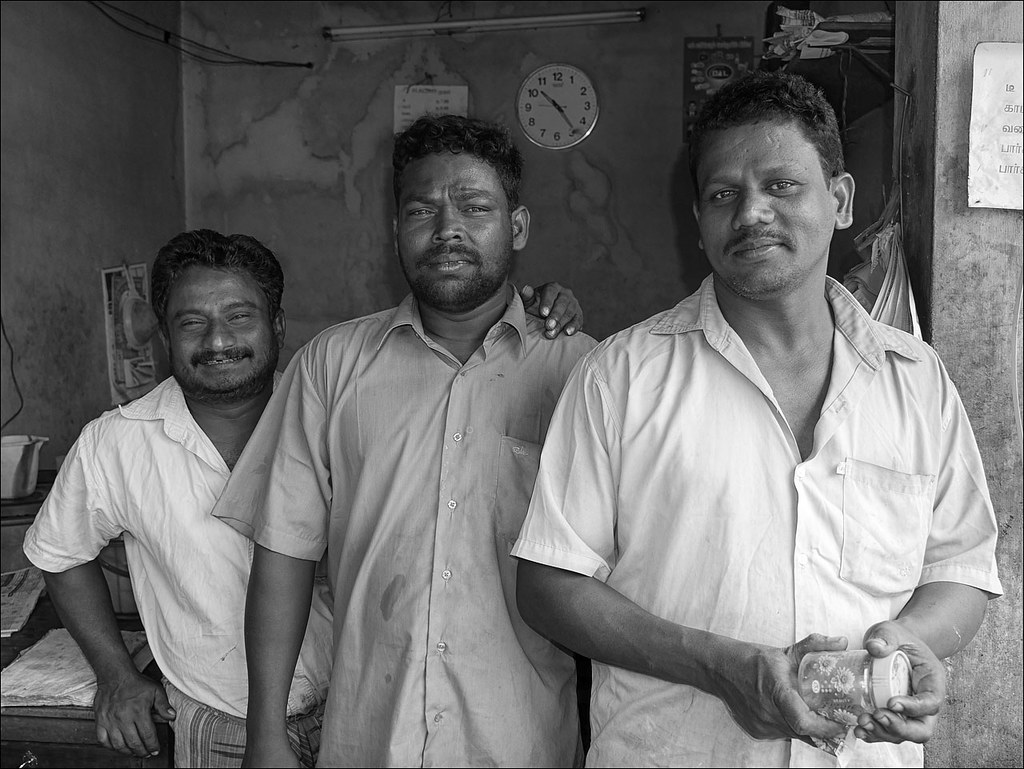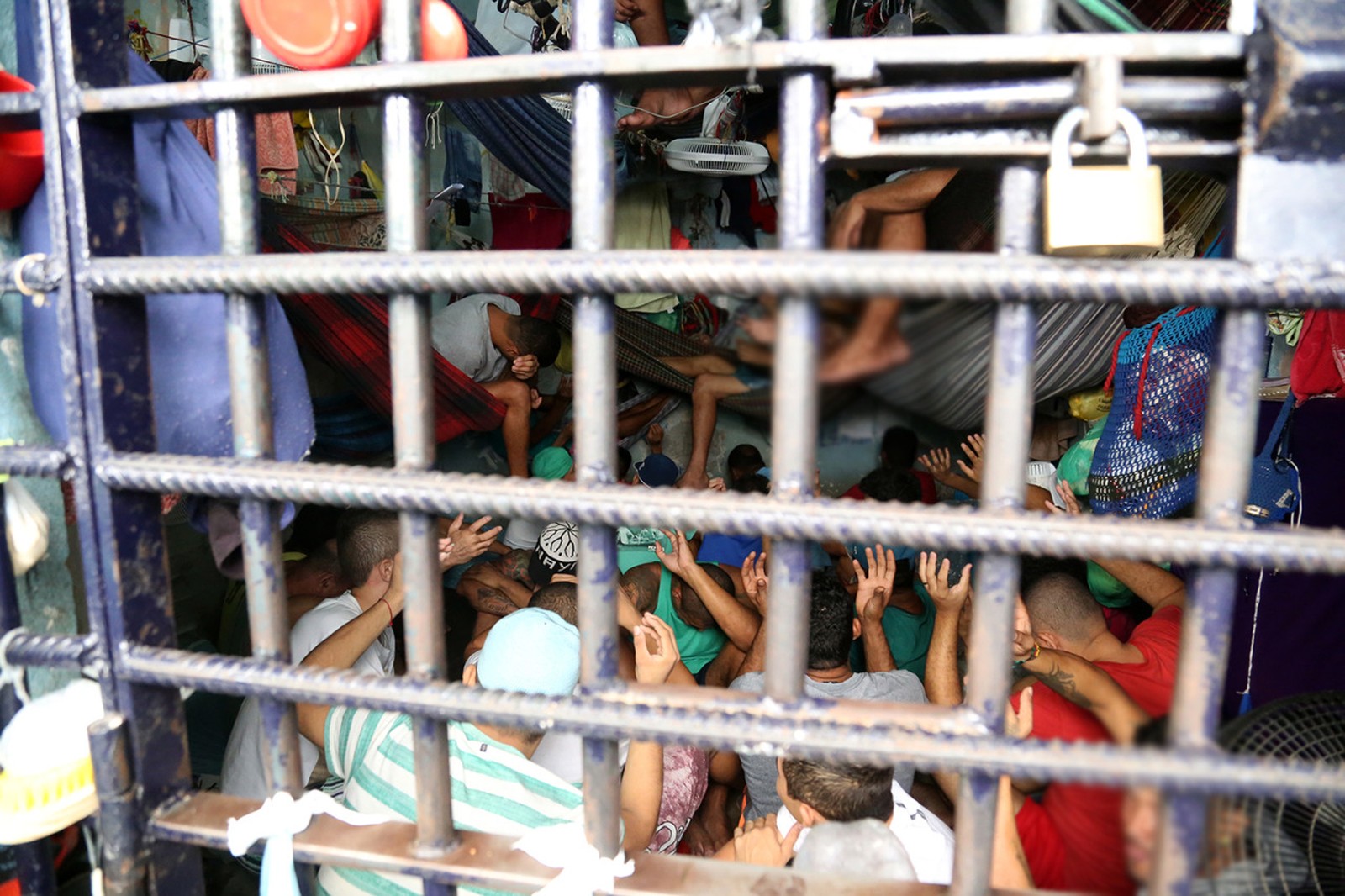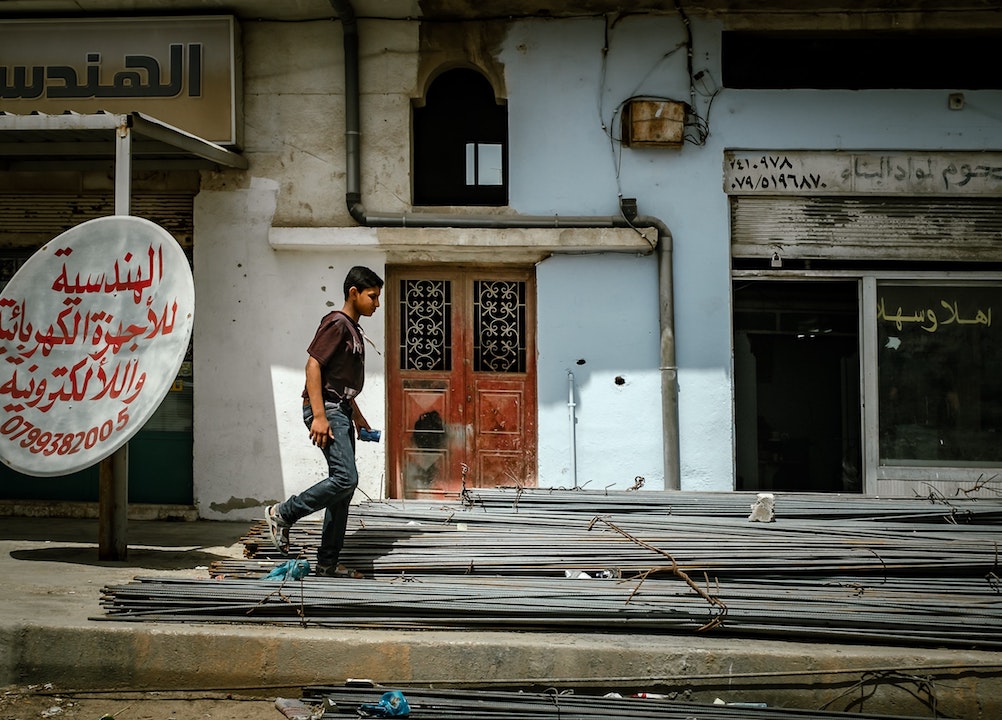Dr Sonja Marzi, an LSE Fellow in the Department of Methodology, teaches research design and methodology in the Department of International Development. She was recently awarded a prestigious LSE Knowledge Exchange and Impact Fund (KEI) grant to co-produce knowledge with migrant women on the gendered right to the city in Medellín, Colombia. Her project and planned travel were disrupted by the COVID-19 pandemic. In this blogpost, she shares how she responded to the unprecedented disruptions by creating an innovative co-production research design that utilises remote video and photo diaries.
Co-production designs like participatory action research challenge and shift existing unjust power structures through different forms of collaboration, education and action. Here, the research process goes beyond academic outcomes to centring the empowerment of participants, knowledge exchange and impact (Kindon et al., 2007; Pain et al., 2011). Traditionally, co-production and action research are conducted face-to-face where researchers and participants follow a cyclical process of defining research questions, collecting, analysing and co-editing materials and deciding on dissemination strategies together.
My LSE KEI-funded project was designed exactly like this: in-person workshops using film and video to document and co-produce knowledge with migrant women in Medellín about their negotiations of their right to the city, co-collecting, editing; and analysing our materials, and then discussing and disseminating our films.
My film crew was prepped, the women I had been collaborating with for months were ready to start… and then, a global pandemic struck a couple of weeks before I was due to travel. COVID-19 responses included international and national travel restrictions and constraints on physical contact and distancing, making face-to-face research almost impossible. Co-production research, which relies heavily on context, contact and collaboration, was particularly hit. With no knowledge of when travel restrictions would be eased between UK and Colombia, I immediately had to pause my initial fieldwork plans.
Yet, research on women’s gendered right to the city remained just as important as before the pandemic. We also know that women are amongst the most affected by the pandemic (Wenham et al., 2020), and their voices- particularly of marginalised women like migrant and displaced women, who live in poorer neighbourhoods- remain overlooked in the pandemic response. Co-producing knowledge on their everyday lives became even more pressing in the context of the pandemic. How then is it possible to co-produce such research and knowledge remotely?
Reshaping participatory co-production research design?
Women participating in this study all own a smartphone and thus using smartphones became the most promising solution to collect participatory visual data remotely. We decided that photo and video diaries would allow us to continue the participatory nature of our project, whilst also centring women’s narratives and experiences. After two weeks of intense preparation, the research team (two research assistants in Colombia, and in London, me and two professional film makers with experience of using smartphones for participatory filmmaking), officially began the project on the 18th of May.
While this method requires more development and refinement in the future, the first few days of the project successfully demonstrate how remote participatory filming can respond to the tenets of co-production research, ensuring that the voices of those affected by emergencies or further isolated by them can be enhanced and centred- even when face-to-face research remains impossible.
Building on existing contacts, we recruited 14 women in Medellin, who live in low socio-economic and insecure neighbourhoods in three areas of the city. Most of the women have previously experienced displacement, are heads of their household, have children and tend to work in the informal economy. In Medellín, quarantine measures include restrictions on movement outside homes, and currently, the women are only permitted to leave their house once a week; permission is allocated by the last digit of their identity card numbers. At the moment we still lack detailed knowledge of the pandemic’s impact on women’s everyday lives, the biggest challenges they face, and what their concrete aspirations for change are during and beyond this crisis. Yet, we know from literature and a preliminary analysis of first videos from this project that the women of this study suffer from wage and income losses, increasing danger of augmented poverty; and the pandemic affects their ability to ensure food supply for their households and themselves.
The remote participatory video method
The project is structured into five week cycles, each of which has 3 weeks for filming followed by 2 weeks for editing and analysis. The cycle will be repeated three times, each cycle building on the last. During ‘filming phases’ women create and share short films (of up to 2 minutes) on previously discussed and identified topics such as food supply or how life, now bounded at home, has changed. As the project progresses, the women increasingly decide on the selection of themes and content of the videos. They also take part in the editing process during analysis cycles, that follow after every three weeks of filming, in keeping with the project’s participatory ethos and aiming for a shift in power-relations and gaze.
The women are of course not the only ones who are experiencing changes because of the pandemic. We – the research team – are also bounded to our homes and have to make sense of our own experiences during lockdown. In addition, this is a novel way of doing participatory video. We have to learn how to co-produce knowledge and how best to share video diaries remotely collaboratively with the women. Therefore, we believe a special focus on knowledge exchange and equal power relationships where possible is key to the success of this project. We started with sharing videos of own experiences of being bounded to home, followed by explaining the project and sharing the project information. In response, we asked the participating women to share their informed consent through a short video and to present themselves to each other and the research team using a short film introducing themselves, where they live and what they expect from the project.
Communicating through video and using phones can be an uncomfortable process. Many of the participants did not previously use their smartphones for more than texting through WhatsApp. One of the aims of this impact research was skills development (participants and researchers); and technical and filming skills are a part of this and we aim to continue building on this. We provide filming instructions in our presentation videos, continuing with training through one to one online sessions where we discuss filming techniques and sending videos via e-mail. Other initial training sessions will cover filming ‘first shots’ and sharing with the group to create an open and collaborative space for questions and feedback.
VIDEO-2020-05-20-00-13-39 from Sonja Marzi on Vimeo.
Practical and Ethical Challenges
Future videos will touch upon topics such as food insecurity, human security and fear of crime, (mental) health, impact of the lack of mobility, income loss, and the changes experienced over the last few weeks in their home, neighbourhood and the city. Other important and mundane themes may emerge during the project. What is, however, important is to create guidelines for filming content. There are many practical and ethical challenges when using visual participatory methods in general but doing this kind of research remotely increases an uncomfortable loss of control for the researcher. While this is certainly a more positive aspect than negative as it provides for the potential to equalise power-relationships, it also means that some guidelines need to be developed to avoid risks to participants, ethical dilemmas and disappointment in cases where films cannot be published even though participants would like them to be public (e.g. the women live in neighbourhoods that are affected by activities of criminal organisations and reference to those in the films could potentially put women in danger).
In this project, informed consent is received through video dialogues. Here, I provide the project information and all ethical information through a short video. The participating women then share short videos where they agree to participate and confirm they understood the project and ethical aspects. Any questions can be asked to the me (the PI) or the Colombian research assistants through WhatsApp. Risk assessment will be conducted through WhatsApp group chat, and we will collectively produce guidelines on how to film and produce content safely. In a similar manner, discussions will take place with video examples provided by us, the research team, about content guidelines of videos.
We plan to showcase some of the videos by publishing them on a project website and share them through different online media platforms (e.g. Twitter, blogs and online events). Women continue to have ownership of the videos, allowing them to decide how and when they want to share them, as long as videos adhere to before agreed guidelines. Other plans include organising online events and perhaps screening a final documentary on the impact of the pandemic on women’s lives in Medellin; through small in-person events and small screenings in Medellin and London.
However, doing participatory video projects remotely is not a straight forward process. The biggest challenges will remain around ensuring a participatory process remotely and accounting for its limitations, and supporting remote participants with the technical aspects of the filming process, limiting technical frustration as much as possible – as these issues may significantly impact the important elements of empowerment essential to the process. We have just begun this project and feedback so far has been extremely positive from the women we work with, and we look forward to further refining our process. It is an exciting moment and hopefully continues to provide some very useful insights which we can share soon.
References:
KINDON, S., PAIN, R. & KESBY, M. (eds.) 2007. Participatory action research approaches and methods: connecting people, participation and place., Abingdon: Routledge.
PAIN, R., KESBY, M. & ASKINS, K. 2011. Geographies of impact: power, participation and potential. Area, 43, 183-188.
WENHAM, C., SMITH, J. & MORGAN, R. 2020. COVID-19: the gendered impacts of the outbreak. The Lancet, 395, 846-848.
Sonja Marzi is an LSE Fellow in the Department of Methodology and the Department of International Development. She received her PhD from the School of International Development at the University of East Anglia in 2016. Prior to joining the LSE, Sonja was a Postdoctoral Research Fellow at the University of Leeds.
The views expressed in this post are those of the author and in no way reflect those of the International Development LSE blog or the London School of Economics and Political Science.






Yes, many people’s plans to travel for business or leisure have been disrupted because of COVID-19. Obviously using the internet through websites, blogs, social media is what most are doing to keep up with their work especially if it involves with people from other countries as I see happening to the lady on this article above.
I am doing the same through my website but unfortunately for me, I am home alone because my wife and kids are in another country and I do not know when the borders will open so I can travel back for our business and our leisure time as well as our businesses also depend much on our travel.